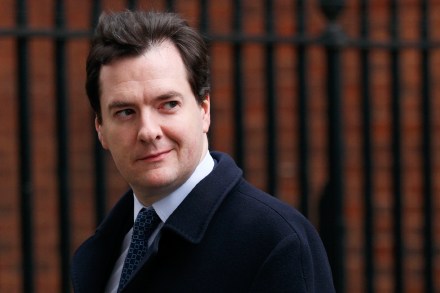The Lib Dems vote ambiguously on the Health Bill
The motion passed by Liberal Democrat conference this morning means that the party is neither supporting nor opposing the Health Bill. The rebels having lost the vote on whether or not to debate their ‘Drop the Bill’ motion, but managed to amend the so-called Shirley Williams’ motion to remove the line calling on their peers to vote for it. This is a blow to the leadership who were confident last night of winning the vote this morning. But it is nowhere near as bad as the conference — which, remember, still has the power to make party policy — deciding that the bill should be dropped. It is, though, another














